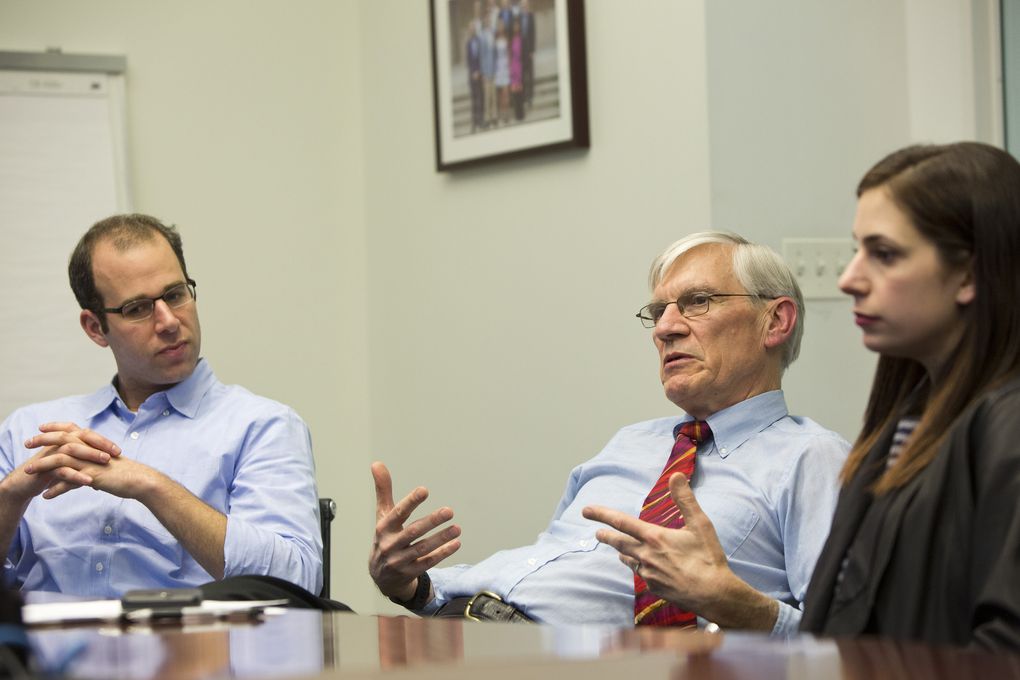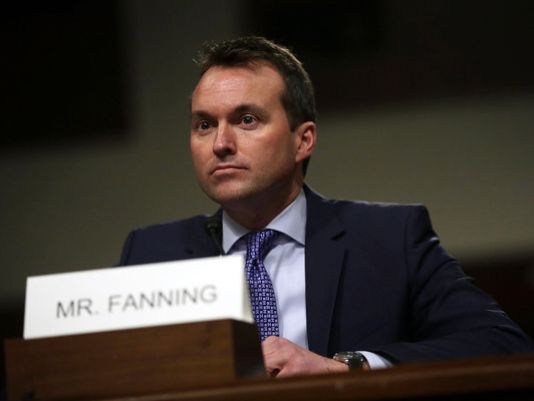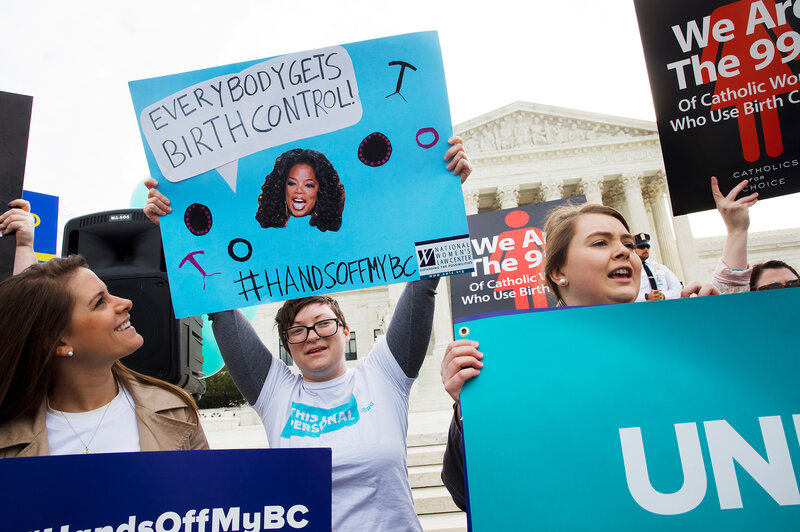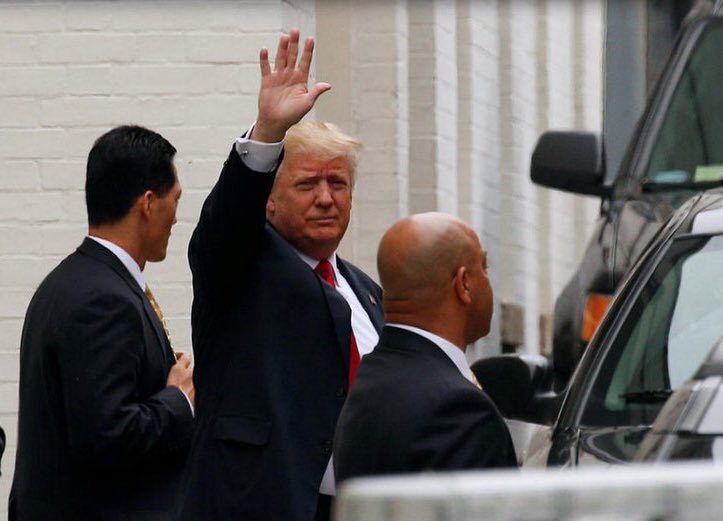Mr. Wenliang has has also donated 2 million dollars to the Clinton Foundation in 2013, and has held numerous important business positions, including holding a position in China's parliament, controlling a port, and owning Rilin Enterprises, a conglomerate that builds Chinese embassies worldwide. His intrusion into American affairs seems to suggest he has some sort of interest in American politics, and he wants his voice heard in American government.
This is not the first time Mr. McAuliffe has faced scrutiny over possibly shady dealings. In 2011 and 2012, Mr. McAuliffe headed a foreign auto company, GreenTech Automotive, and helped bring it to the United States. However, despite hundred of thousands of dollars in foreign support from investors into the newly- imported company,production was well below and job creation never met expectations at the plant in Mississippi. Mr. McAuliffe resigned in December 2012.
Washington Post
Questions:
- Should foreign interests be restricted in donating to American political campaigns?
- How can we reduce the power of special interests in government from affecting and possible overruling the voice of the people?
- Do you think that groups like the Clinton Foundation ought to be able to receive those sums of money (up to 2 million) in the name of a organization, when it really goes to political figures?
- Seeing as Mr. McAuliffe's predecessor, Gov. Robert McDonnell was convicted of corruption in 2014 due to receiving illegal campaign donations, do you think that the US is becoming more orrupt, or has this always been the norm?
Sources:
Washington Times
CBS
Washington Post



 Emily Vorland is one of the many women soldiers within the United States army who have encountered the tragic event of sexual assault. Emily did file a complaint that one of her superior officers had raped her. However, instead of helping and supporting her or discipline her attacker, the army decided to discharge Ms Vorland. As they took the attackers side, who claimed that Emily consented to sexual relations. Ms Vorland would have brought up the fact that she had identified herself as a lesbian, however this was during the time when Don't Ask Don't Tell was still enforced. As a result Emily lost her position in the United States army.
Emily Vorland is one of the many women soldiers within the United States army who have encountered the tragic event of sexual assault. Emily did file a complaint that one of her superior officers had raped her. However, instead of helping and supporting her or discipline her attacker, the army decided to discharge Ms Vorland. As they took the attackers side, who claimed that Emily consented to sexual relations. Ms Vorland would have brought up the fact that she had identified herself as a lesbian, however this was during the time when Don't Ask Don't Tell was still enforced. As a result Emily lost her position in the United States army. Yesterday, the legislation within South Carolina had passed a bill that would ban a woman's right to the procedure of an abortion after being pregnant for twenty or more weeks. The bill would also make no exceptions to women who got pregnant due to rape or incest. Under this bill the only times a twenty week abortion is justifiable is if the fetus poses a threat to the mother's life, or it is already discovered that the child will not make it to brith.
Yesterday, the legislation within South Carolina had passed a bill that would ban a woman's right to the procedure of an abortion after being pregnant for twenty or more weeks. The bill would also make no exceptions to women who got pregnant due to rape or incest. Under this bill the only times a twenty week abortion is justifiable is if the fetus poses a threat to the mother's life, or it is already discovered that the child will not make it to brith.












